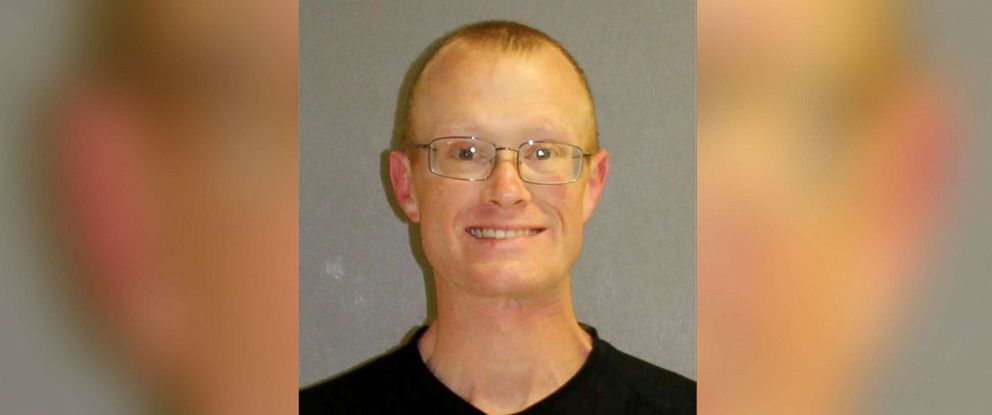Orlando gunman in deadly hostage standoff almost went to prison just weeks before
Gary Wayne Lindsey Jr. killed four child hostages and shot a police officer.
The Florida man who allegedly killed four children and shot a police officer in an hours-long standoff with authorities this week was almost sent to prison just 19 days before.
Gary Wayne Lindsey Jr., who had an extensive criminal history, was on felony probation when he barricaded himself inside an apartment in Orlando on Sunday night and held four children hostage. After a nearly 24-hour standoff with police, during which Lindsey shot and critically wounded an officer, the suspect and the children -- ages 1, 6, 10 and 11 -- were found dead inside the apartment Monday night.
Authorities believe the 35-year-old Orlando resident shot the children before turning the gun on himself. Two of them were his with his girlfriend, and two were hers with another man, according to the Orlando Police Department.
A month before the deadly standoff, Lindsey violated his probation when he was arrested for theft at a Walmart in Seminole County. Lindsey owed over $20,000 in restitution at the time to his ex-girlfriend for burning down her home in Volusia County during a dispute in 2008. He had pleaded no contest to arson and other charges in late 2009, and he was ultimately sentenced to 10 years of supervised probation, according to court documents.
An arrest warrant was issued for Lindsey for violating the terms of his probation on May 4, and a probation officer recommended he spend six months behind bars before his probation is reinstated.

But court records show that Volusia County Circuit Judge James Clayton on May 23 ordered that Lindsey return to supervised probation after he agreed to pay $300 a month toward restitution and his sister agreed to pay $1,000 within 48 hours.
According recordings of the court hearings in May, obtained by ABC affiliate WFTV in Orlando, prosecutors initially argued that Lindsey should be jailed. But Lindsey and his defense attorney asserted he was still making the restitution payments, and that he had a steady job at an auto repair center and was doing well.
The judge recalled aloud why he never incarcerated Lindsey for previous probation violations.
"I remember thinking that the restitution was why I didn’t put him in prison," the judge said.
The prosecutors on the case ultimately negotiated a deal with Lindsey's defense attorney that didn't include prison time, and the judge accepted the agreement, as shown in court documents.
However, the judge warned Lindsey that he was "pushing the envelope" and should have received 73 months in prison.
"Restitution is the key to this whole thing," the judge said. “You're pushing the envelope. You score 73 months.”
A court spokesperson told ABC News that Clayton is not available for comment.




